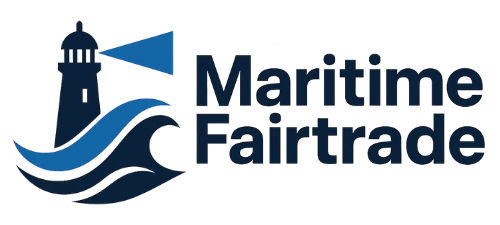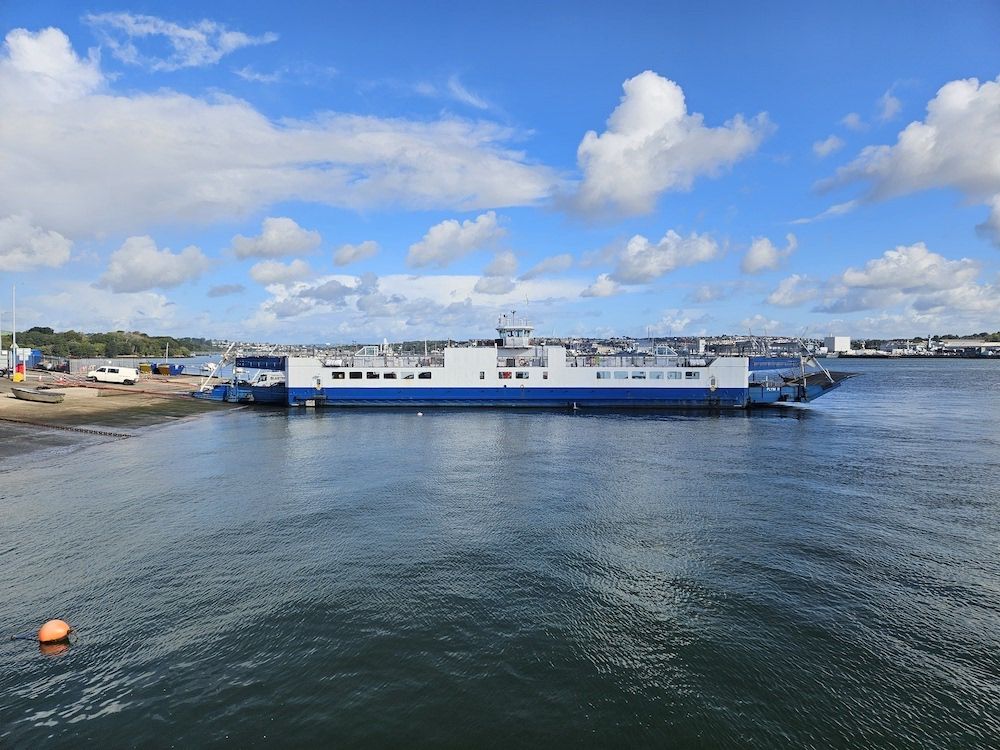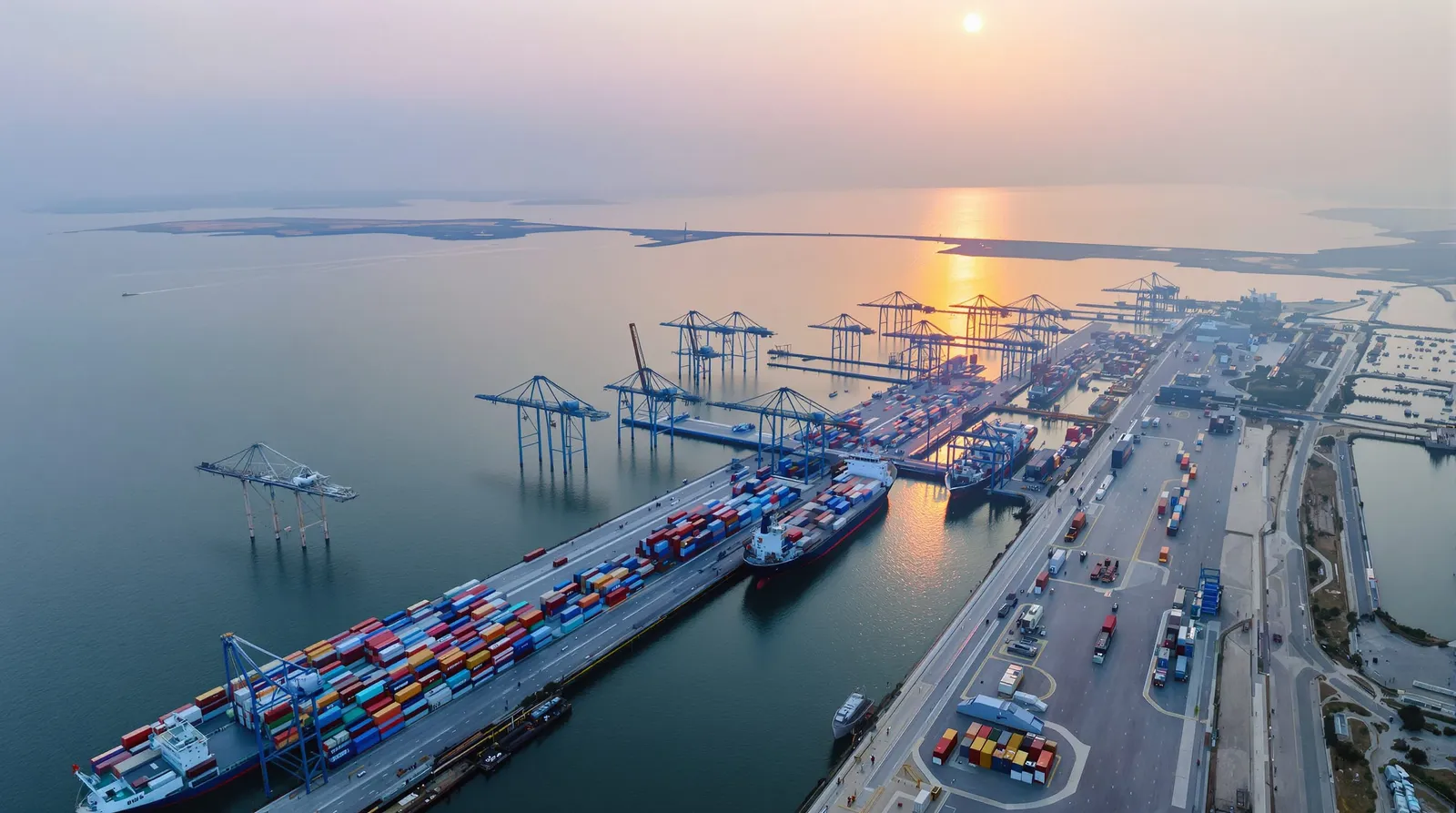The Torpoint “Bridge to Zero” project is an ambitious initiative aimed at transitioning the Torpoint Ferry service from fossil fuels to 100% shore-supplied green electricity. This project is designed to create a comprehensive, engineering-ready plan to decarbonise the ferry operation and provide a framework for future vessels expected to be introduced by 2034. The ferry service, which operates continuously throughout the year under various weather conditions, is recognized as one of the busiest chain ferry services globally, facilitating over 3 million vehicles and 400,000 pedestrians annually across the River Tamar between Torpoint, Cornwall, and Devonport, Plymouth.
Operated by Tamar Crossings, a joint venture of Cornwall and Plymouth councils, the ferry’s chain propulsion system and the challenges associated with its tidal environment are significant hurdles in achieving full decarbonisation. The project has the potential to reduce carbon dioxide emissions from the three ferries by up to 1,000 tonnes per year. Funded by a £300,000 investment from the UK Government’s Department for Transport, through the UK Shipping Office for Reducing Emissions (UK SHORE) Clean Maritime Demonstration Competition (CMDC), this initiative reflects a broader commitment to cleaner maritime operations.
The project unfolds under the stewardship of a multidisciplinary consortium: Marine Zero will lead in project management, charging solutions, and cost modeling; Torpoint Ferries will contribute operational expertise and vessel access; and the University of Plymouth will handle performance data collection and analysis. The initiative coincides with significant dialogues at the International Maritime Organisation regarding the Net Zero Framework, which aims to advance regulatory incentives for scalable zero-emission technologies in maritime shipping.
Maritime Minister Keir Mather emphasized the transformational potential of the investment, highlighting the UK government’s commitment to decarbonizing shipping by 2050, supported by a larger £448 million investment aimed at promoting clean sea travel while enhancing job opportunities and growth. Tim Munn, managing director of Marine Zero, reiterated the project’s significance in demonstrating that even demanding maritime operations can shift towards zero emissions, aiming to craft solutions that are both technically and financially viable to protect vital regional services while setting a precedent for short sea shipping globally.
Philip Robinson, Chief Officer of Tamar Crossings, expressed pride in leading the project, noting its promise to safeguard ferry services for future generations while reinforcing the South West’s evolving clean maritime sector. Sarah Fear, the sector lead at the University of Plymouth, acknowledged the project’s role in furthering the area’s standing in clean maritime research and operational innovation. By capturing and analyzing performance data, the initiative aims to develop evidence-based solutions applicable not only to the Torpoint Ferries but also to other similar ferry operations across the UK and worldwide facing equivalent challenges.
Source link










